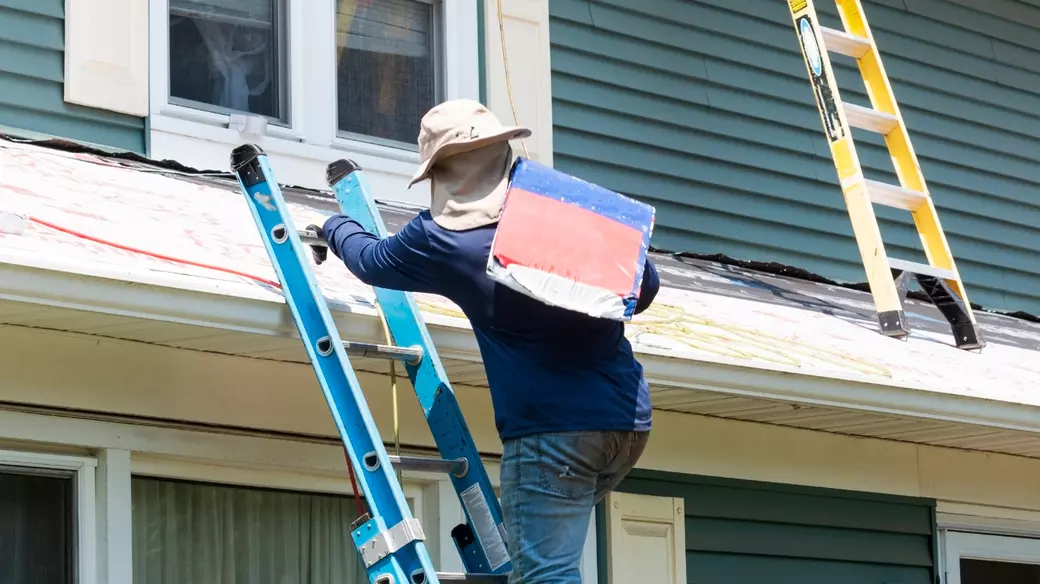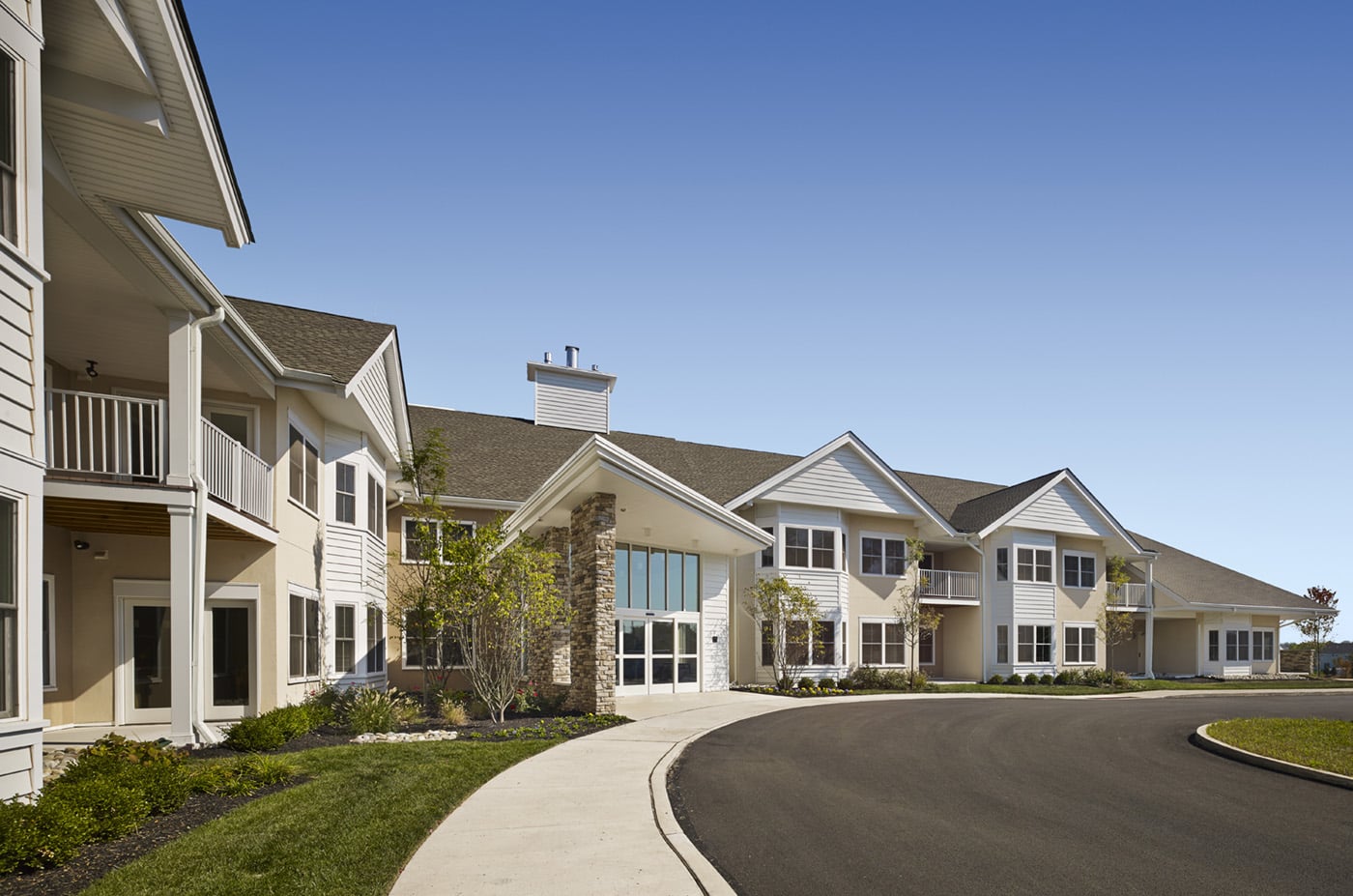The Pros and Cons of Investing in a Fixer Upper

Investing in real estate is a popular and potentially lucrative endeavor. One particular avenue that many investors explore is purchasing a fixer upper property. A fixer upper refers to a property that requires renovation or repairs before it can be considered habitable or market-ready. While this type of investment can offer numerous benefits, it also comes with its own set of challenges. In this blog post, we will explore the pros and cons of investing in a fixer upper.
Pros:
1. Lower purchase price: One of the primary advantages of buying a fixer upper is the opportunity to acquire the property at a lower price compared to move-in ready homes in the same area. This lower purchase price can make it an attractive option for investors with limited capital or those looking to maximize their return on investment.
2. Potential for higher returns: By investing in a property that needs repairs, you have the chance to increase its value significantly. A well-executed renovation can result in a substantial increase in the property's market value, allowing you to sell it for a higher price or generate higher rental income.
3. Less competition: Fixer uppers often have less competition from other buyers, as many potential homeowners prefer properties that are move-in ready. This reduced competition can give you an advantage in negotiating the purchase price and terms.
4. Customization and creativity: When you invest in a fixer upper, you have the freedom to customize and design the property according to your preferences. This creative aspect of the investment can be appealing to those who enjoy renovation projects and want to put their personal touch on a property.
Cons:
1. High renovation costs: The most significant drawback of investing in a fixer upper is the potential for high renovation costs. You must carefully assess the property's condition and estimate the cost of repairs before making a purchase. Unexpected issues may arise during the renovation process, which can significantly impact your budget.
2. Time-consuming and labor-intensive: Renovating a fixer upper requires a significant time commitment and physical effort. From obtaining necessary permits to managing contractors and overseeing the renovation process, investing in a fixer upper can be a demanding task that requires careful planning and dedication.
3. Uncertain timeline: Renovation projects often face delays and unforeseen complications, which can extend the timeline for completing the project. If you are on a tight schedule or have strict deadlines, investing in a fixer upper may not be the best option for you.
4. Financing challenges: Obtaining financing for a fixer upper can be more challenging compared to a move-in ready property. Traditional lenders may be hesitant to provide a loan for a property in need of significant repairs. Exploring alternative financing options such as renovation loans or utilizing your own funds may be necessary.
Conclusion:
Investing in a fixer upper can be a rewarding venture for those willing to put in the time, effort, and financial resources required to renovate the property. The lower purchase price and potential for higher returns make it an attractive option for investors seeking to maximize their profits. However, it is crucial to carefully evaluate the property's condition, renovation costs, and your own capabilities before diving into a fixer upper investment. With thorough planning and research, investing in a fixer upper can be a smart and profitable real estate strategy.
Categories
Recent Posts









